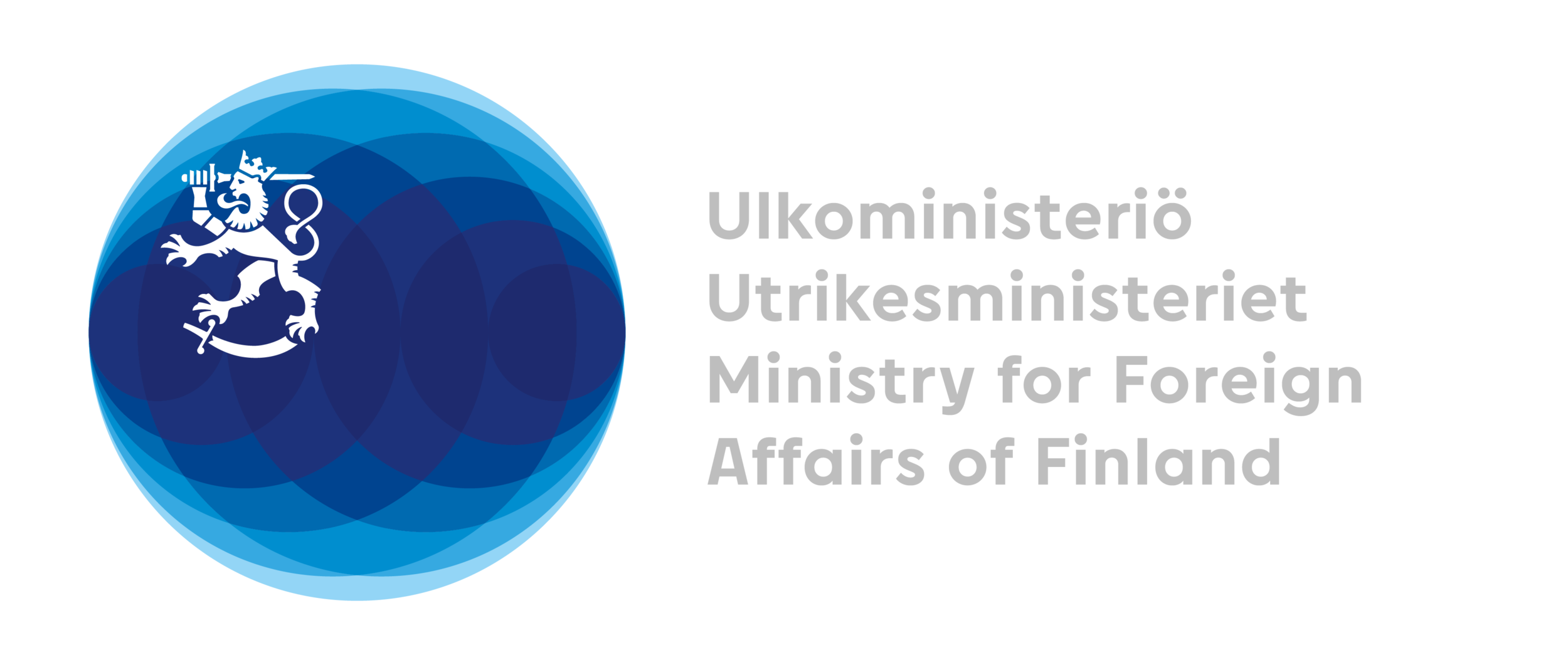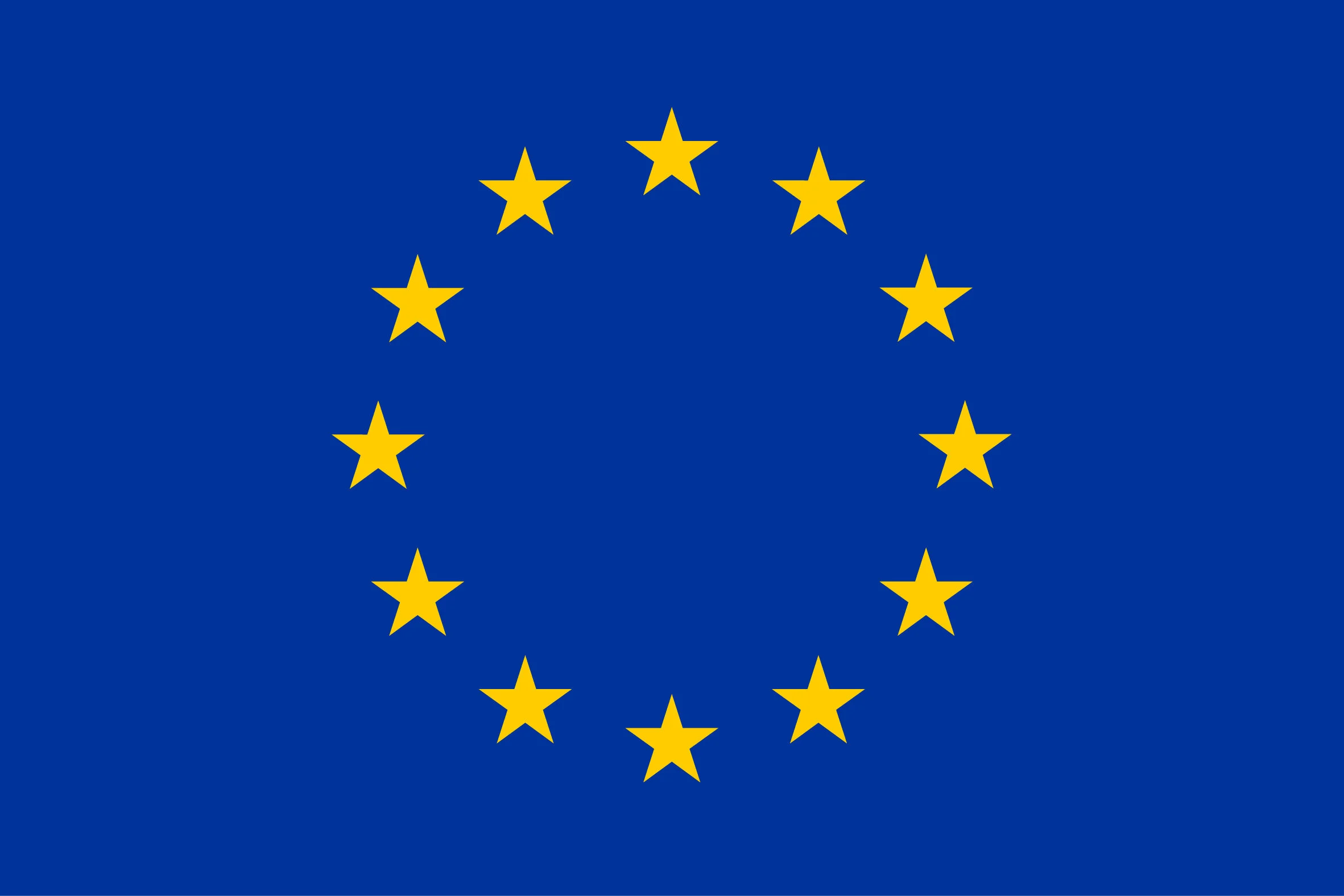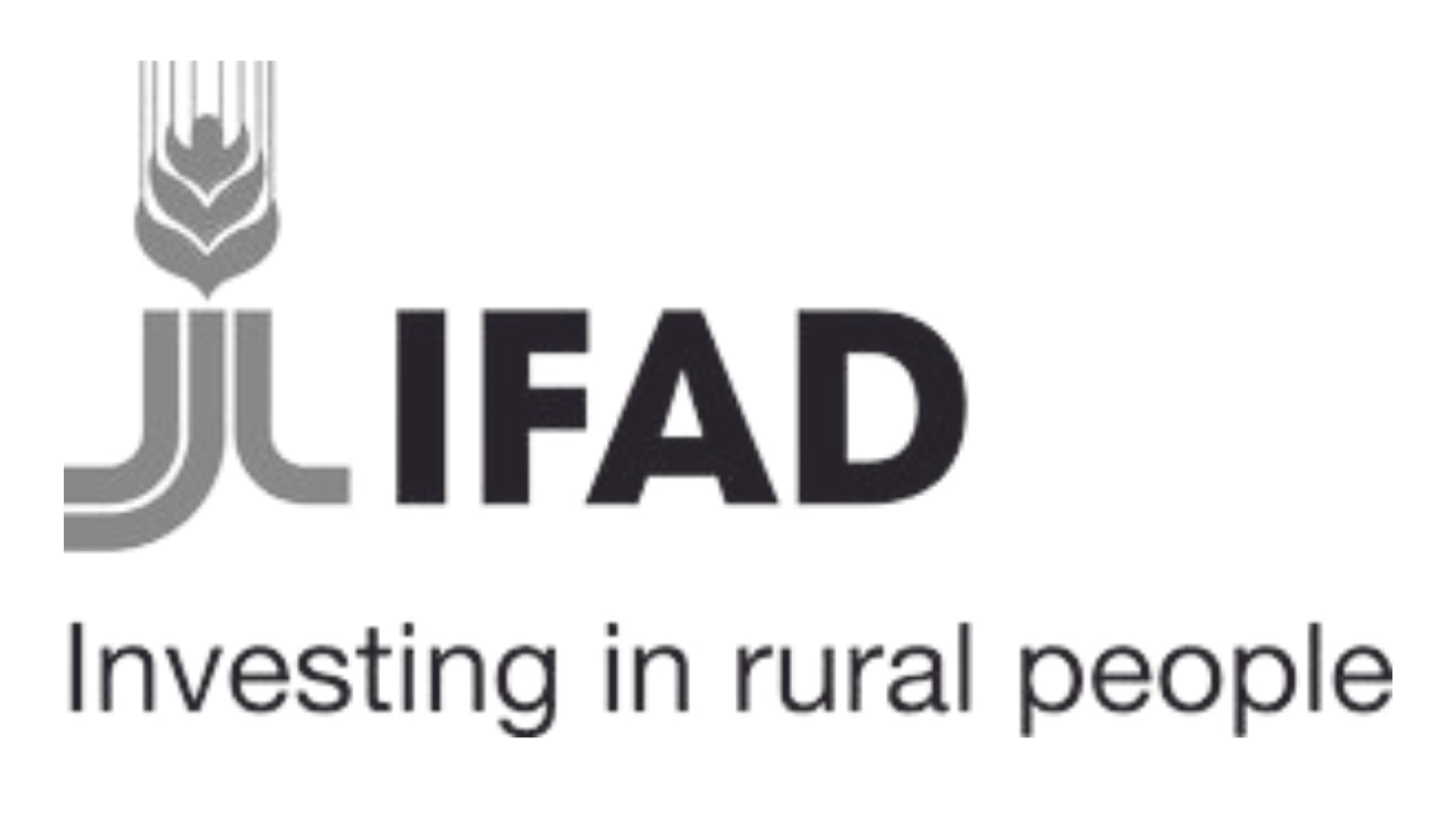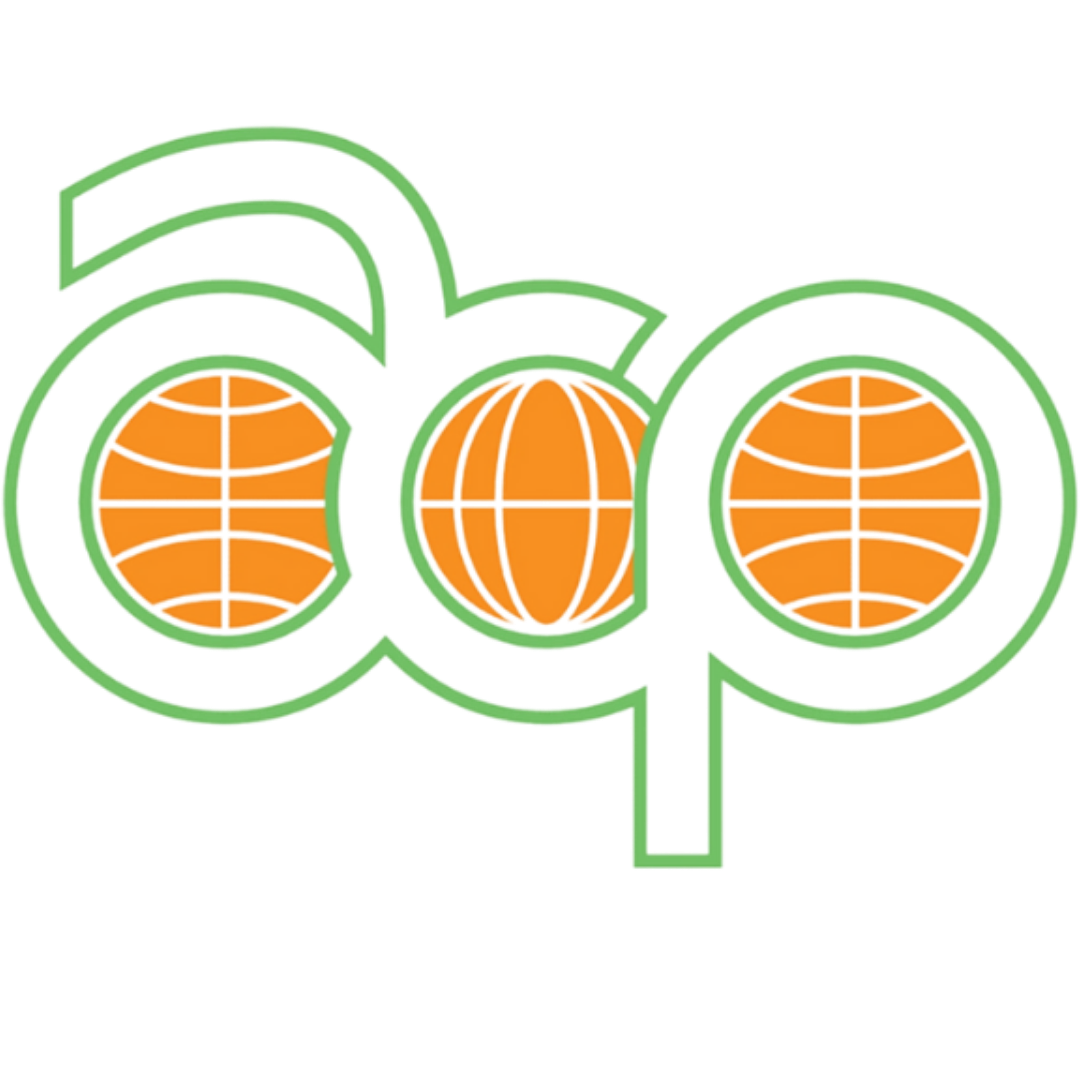Together with Fingo, Food and Forest Development Finland organized the webinar “Certification and Due Diligence Systems in Developing Countries” on 16th of November 2021. The webinar gathered several specialists in the field to discuss certifications and due diligence systems. These systems are hoped to help us transform food systems into a more sustainable direction. However, there are also challenges to certifications and due diligence, such as high costs and multiple requirements, which may not be possible to reach simultaneously. Also different certification systems with their differences can be confusing for farmers. Tiina Huvio, FFD’s Programme Director, was the host of the webinar and also the moderator of the panel discussion.
Lea Rankinen, the director of Sustainability & Public Affairs at Paulig delivered the opening remarks of the webinar. Paulig, being a 145-year-old family-owned company, has a long history working with third countries, due to the raw materials many of Paulig’s products require. Therefore, certifications and due diligence are important for Paulig, who aims to purchase all raw materials from certified sources in the future. The need for increased transparency, more information about the different stages of value chains as well as better utilization of data were some of the development ideas Rankinen presented for certification systems. Finally, Rankinen stressed the importance that the certificates need to bring value for the farmers.
Multiple targets challenging to reach
Dr. Kevin Teopista Akoyi, an Agribusiness lecturer at Makerere University in Uganda set the tone for the webinar through a presentation from her dissertation on impact of certifications on smallholder farmers in Southern Uganda. Akoyi described the emergence and importance of certifications specially focusing on coffee sector. Her study compared different certificates and their possibilities to reach their multiple targets. Her study had revealed the trade-offs which showed that UTZ, Rainforest Alliance and 4C certifications succeeded to increase producer incomes, labour and land productivity and reduced poverty, but didn’t have impact on school enrollment. On the other hand, Fairtrade and Organic certificates succeeded in increasing school enrolment and efficiency while the producer incomes and land and labour productivity were reduced and thus, they didn’t manage to reduce poverty. This shows that when a certification system has multiple targets, it may not be feasible to achieve them all.
Akoyi emphasized a few important points to ensure certification systems work properly, which were:
Firstly, certifications need to agree on minimum non-negotiable conditions for them to succeed.
The chain of custody needs to be ensured.
Invest in awareness-raising on value of certification. The demand for certificates among consumers will increase if they believe it transmits critical information that ensures quality.
The demand for certifications should not only be a market issue. It is more of a value system issue, which should not be left only to the private sector. Governments and civil society need to be engaged in debating how to move forward.
Markets cannot regulate everything but rather they need to be regulated for them to function properly. Especially, when we want to achieve public good aspects such as environmental protection, child welfare etc.
Looking for fairness, sharing the costs
The panel discussion invited four specialists to discuss certifications and due diligence systems without targeting any commodity or certification specifically. The panelists were:
Denis Dobrynin, PhD Researcher majoring in Environmental Policy at the University of Eastern Finland,
Markus Kröger, Associate Professor of Development Studies and Academy Research Fellow at University of Helsinki,
Tytti Nahi, Business and Human Rights Lead at Fairtrade’s HRDD Centre of Excellence and
Eric Mwesigwa, General Manager & GLOBALG.A.P. Scheme Manager for Greencert Limited.
The debate started by a reflection on cases where certifications do or do not work. Dobrynin pondered on how balancing the demands of certifications matter, as very demanding certifications get less support from the industry, which leads to less companies being certified and therefore less impact on the ground. On the other hand, less demanding certifications might get more support from the industry and more companies involved but will not have much positive impact on the ground. According to Kröger, some products from certain locations simply are so unsustainable, that certifying them would harm the whole certifications system and therefore certification systems should not even go to countries and regions where there are structural problems, as it can harm the credibility of the certifications. Sometimes certifications can work in the wrong way, if there is a possibility to hide non-certified products among certified products, Kröger reminded.
Mwesigwa, talking from the perspective of Tanzanian farmers noted that it is becoming increasingly difficult to succeed in the global markets, specifically EU markets, without GLOBAL G.A.P certifications. However, the EU markets are important, as they have the potential to uplift farmers from poverty. Nahi reminded of an important perspective; certifications should not be viewed as a magic wand that alone could solve all sustainability issues, but instead they are one tool among others to take steps towards a more sustainable future. Certifications have the potential to gradually improve unsustainable practices towards a more sustainable direction.
When discussing the costs of certifications and income distributions in the value chains, Nahi from Fairtrade stated that certifications should not only be initiatives from wealthy Nordic countries. The smallholder farmers who the standards are supposed to help also need to be included in decision-making about the standards. Economic power is very unequally distributed in global supply chains and in many cases the processors or international traders have the power, and the producers don’t get a chance to influence the prices or terms of production. Therefore, it is important that certifications have non-negotiable rules on key aspects such as fair contracting and fair pricing. Mwesigwa pointed out the challenge of the pricing of certifications. The price needs to be on a level that farmers can afford. More global dialog is needed to better understand the requirements of farmers to reach certifications. The panelists also reminded of the need for demand, Dobrynin calling out for consumers to demand certified products, while Kröger talked about the importance of big trade deals as a creator of demand.
The webinar was closed by Timo Taulavuori, the Managing director at Puutarhaliitto. Taulavuori addressed some of the challenges of certificates, such as the rising requirements and costs which are a burden for farmers. Taulavuori brought also up that the wholesale and retail companies increasingly impose requirements but are not willing to pay for them. Taulavuori concluded that value chains should aim for more equality and consumers should pay more for certified products. Certification is an important instrument for fairer trade but it is not a panacea for all the problems.











